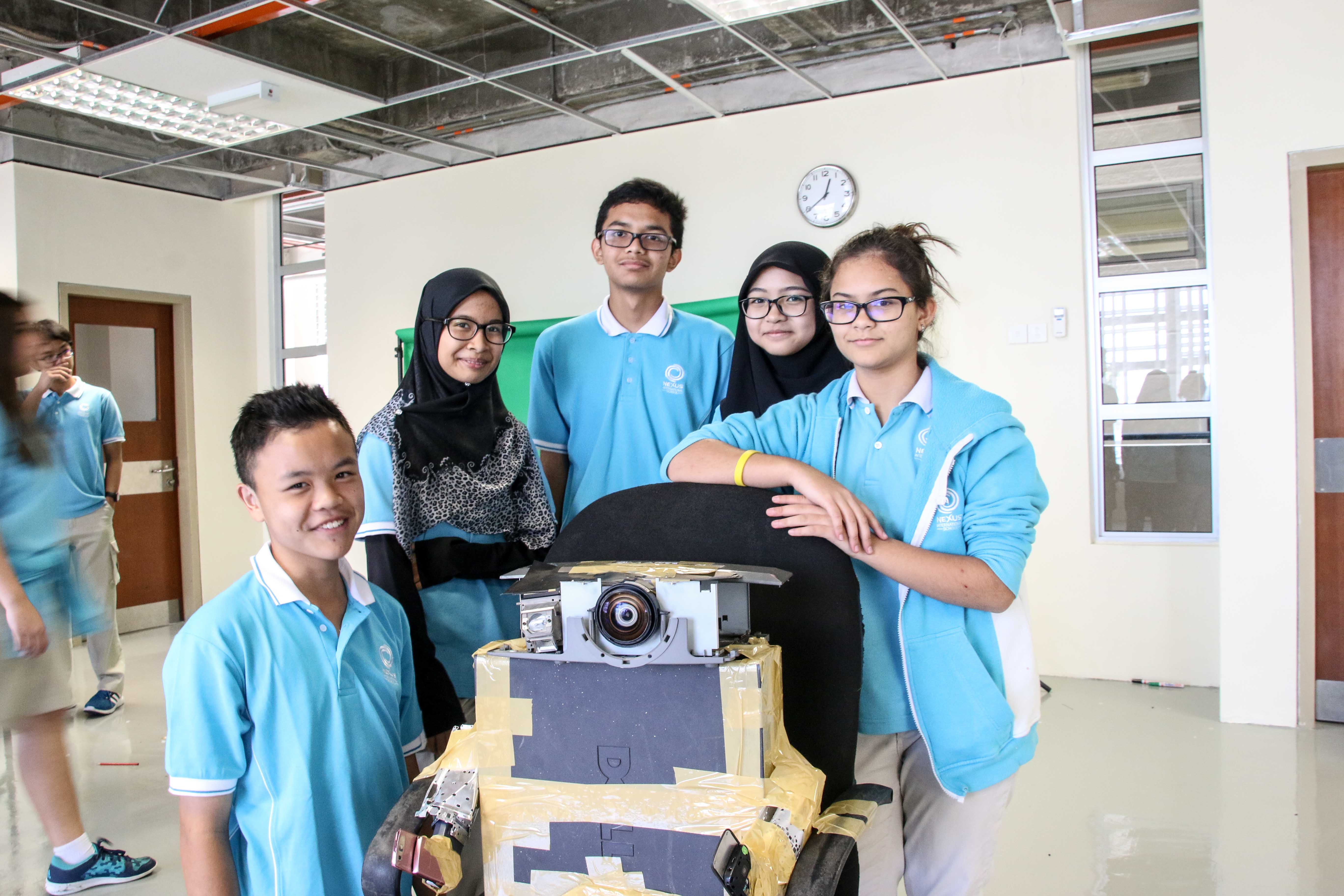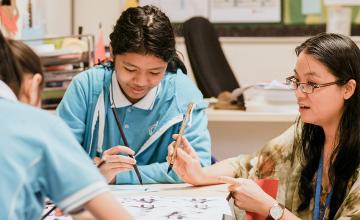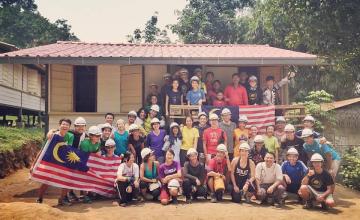5 Ways To Get Your Child Organised

May 9, 2017
Messy bedroom, cluttered backpack, and misplaced homework are some of the tell-tale signs that your child needs to develop their organisational skills. There are many ways to nurture this skill set and that includes event planning and coordinating. As parents, you need to look beyond the old-fashioned lemonade stall idea and give them the opportunity to manage larger responsibilities such as a fundraiser, charity event, or food bazaar in school. If your child is part of an event committee in school, here are the benefits that will sharpen your child’s organisation skills.
How Event Planning Can Benefit Your Child’s Organisational Skill
Learning the Benefits of Organisation Skills at Nexus
At Nexus International School, we create a platform for our learners to explore and organise their own ways to accomplish a given task, project, or event. Here are some of the examples that our learners have planned this year.
How Event Planning Can Benefit Your Child’s Organisational Skill
1. Learning to Be a Better Communicator
When a classroom of kids come together to organise a school event or participate in an activity, a brainstorming session comes first. Bouncing ideas from one peer to another requires creativity and critical thinking. Your child will also learn to be a better communicator by listening to others, identifying goals, and encouraging discussions.
2. Instilling a Sense of Ownership
Once a group decision is made, members of the group are normally assigned with different tasks to manage. It encourages your kid to embrace a sense of ownership and responsibility of a task given to them. When a particular task requires the support or direction of other team members, the situation will motivate your child to take on the leadership role or embrace the idea of asking for someone’s help whenever needed.
3. Staying on Track with a Checklist
A large project is generally manageable when break into smaller tasks, and this is where an organised checklist comes in. Your child will learn to pen down minute details and execute each duty with an end goal in mind. Your little one can also learn to prepare their work according to the project timeline and complete them before the deadline looms. All these details also teach them the value of effective time management.
4. Discovering Ways to Put Thoughts into Action
To successfully execute a task or project requires determination and effort, and this ultimately encourages your child to take matters into their own hands. Putting those checklist and ideas into action is a fulfilling aspect of your child’s organisational development as it means working towards a goal and achieving them. Your child will also learn to deal with challenges along the day and come up with smart solutions to overcome them.
5. Learning to Work Together
The idea of working together to complete a particular task or project is a heartwarming and beneficial one. Understanding the essence of unity through teamwork is simple through event planning and coordinating. Your child will discover that working with others will get things done smoothly and effectively. Regardless of the size of the event, the lesson remains the same and it will help your child to understand the concept of collaboration.
When a classroom of kids come together to organise a school event or participate in an activity, a brainstorming session comes first. Bouncing ideas from one peer to another requires creativity and critical thinking. Your child will also learn to be a better communicator by listening to others, identifying goals, and encouraging discussions.
2. Instilling a Sense of Ownership
Once a group decision is made, members of the group are normally assigned with different tasks to manage. It encourages your kid to embrace a sense of ownership and responsibility of a task given to them. When a particular task requires the support or direction of other team members, the situation will motivate your child to take on the leadership role or embrace the idea of asking for someone’s help whenever needed.
3. Staying on Track with a Checklist
A large project is generally manageable when break into smaller tasks, and this is where an organised checklist comes in. Your child will learn to pen down minute details and execute each duty with an end goal in mind. Your little one can also learn to prepare their work according to the project timeline and complete them before the deadline looms. All these details also teach them the value of effective time management.
4. Discovering Ways to Put Thoughts into Action
To successfully execute a task or project requires determination and effort, and this ultimately encourages your child to take matters into their own hands. Putting those checklist and ideas into action is a fulfilling aspect of your child’s organisational development as it means working towards a goal and achieving them. Your child will also learn to deal with challenges along the day and come up with smart solutions to overcome them.
5. Learning to Work Together
The idea of working together to complete a particular task or project is a heartwarming and beneficial one. Understanding the essence of unity through teamwork is simple through event planning and coordinating. Your child will discover that working with others will get things done smoothly and effectively. Regardless of the size of the event, the lesson remains the same and it will help your child to understand the concept of collaboration.
Learning the Benefits of Organisation Skills at Nexus
At Nexus International School, we create a platform for our learners to explore and organise their own ways to accomplish a given task, project, or event. Here are some of the examples that our learners have planned this year.
- Fight Against Animal Cruelty: Our Year 9 learners dedicated their lunch hours in raising awareness about animal cruelty. Poster distribution, educational game stand, and t-shirt design booth brought the school’s attention towards the fight against animal cruelty. Krispy Kreme doughnuts were also on sale with all proceeds to be donated to SPCA.
- Promote Gender Equality: Our group of young learners spread a powerful message about gender equality in education, wages, and politics. Video presentations and infographic hand-outs drew focus on this modern-day issue. Candies were also given out with every valid point obtained from the school crowd.
- Stop Factory Farming: Our learners raised the question on unethical factory farming this time around. Saying no to a large number of farm animals being confined in filthy and cramped spaces, our passionate learners created stickers and banners to hand out. Educational websites and friendly competitions were also organised to encourage a halt on inhumane factory farming.


